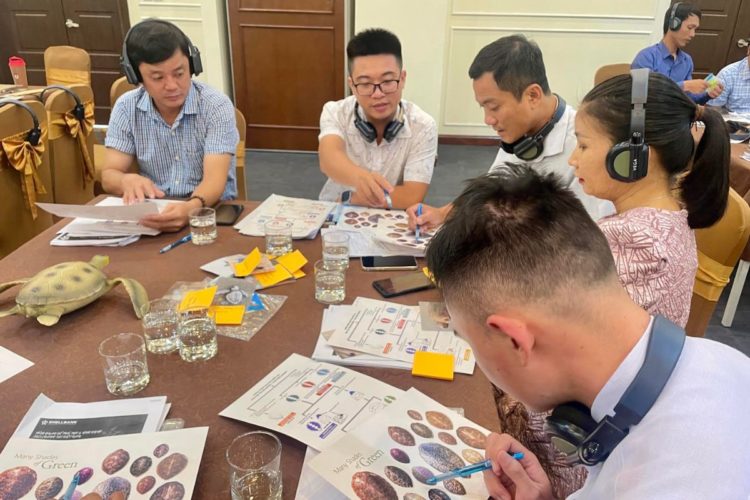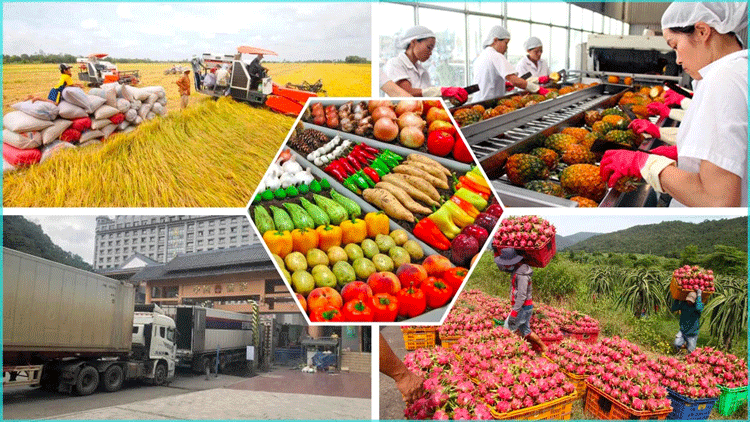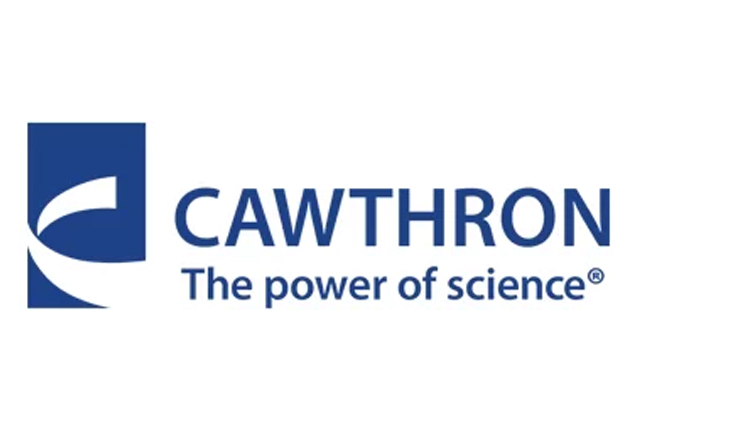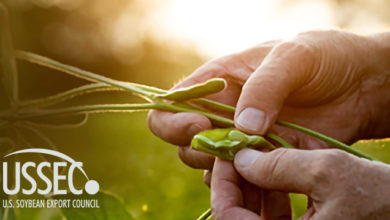ShellBank – A tool for sea turtle traceability
On September 17 in Hanoi, the Department of Fisheries Surveillance, under the Ministry of Agriculture and Rural Development, collaborated up with TRAFFIC Vietnam to host a training session titled “Introducing ShellBank – A Sea Turtle Traceability Tool and Its Role in Supporting the National Sea Turtle Conservation Action Plan in Vietnam.”

The session brought together 35 representatives from provincial Fisheries/Surveillance Sub-departments, including Binh Dinh, Binh Thuan, Ca Mau, and Kien Giang. Participants also included officials from Marine Protected Areas/National Parks, research institutes, universities across the country, Vietnam’s CITES authority, the General Department of Customs, and the Vietnam Coast Guard.
ShellBank is the first global tool of its kind for tracking the origins of sea turtles through DNA. It helps define geographic boundaries for conservation and management by tracing turtle populations, and is used by law enforcement to track illegal trade and identify poaching hotspots through a comprehensive intelligence database.
During the training, participants heard from Dr. Christine Madden, Head of WWF’s Sea Turtle Conservation Program and co-founder of ShellBank, along with Dr. Michael Jensen, Chief Scientist and co-founder of ShellBank. They provided an overview of ShellBank’s operations, sharing case studies of its use in countries such as Papua New Guinea, the Solomon Islands, the Philippines, Australia, and Indonesia, and explaining the steps involved in the ShellBank process.
Participants also engaged in hands-on exercises, practicing how to identify sea turtles, collect samples during rescue operations, and handle evidence from cases of illegal sea turtle trade. Group discussions explored the opportunities and challenges of implementing ShellBank in Vietnam.
Vietnam is home to five species of sea turtles that inhabit and feed along its coasts and offshore islands: the Green Turtle (Chelonia mydas), Hawksbill Turtle (Eretmochelys imbricata), Olive Ridley Turtle (Lepidochelys olivacea), Loggerhead Turtle (Caretta caretta), and Leatherback Turtle (Dermochelys coriacea). All five species are listed in Vietnam’s Red Data Book (2007), the IUCN Red List, and under Group I of the List of Endangered, Precious, and Rare Species prioritized for protection under Decree 64/2019/NĐ-CP.
Sea turtle conservation has been a priority in Vietnam for many years, with the country signing the Memorandum of Understanding on the Conservation of Sea Turtles and Their Habitats in the Indian Ocean and Southeast Asia (IOSEA) on October 1, 2001.
Vietnam has made significant strides in raising awareness about sea turtle protection, and law enforcement has been successful in addressing illegal activities related to sea turtles. The legal framework for turtle conservation continues to improve, with rescue and release protocols now being actively applied. Research on the distribution, biology, and ecology of sea turtles, as well as the use of technology to minimize fishing impacts, has yielded positive results, providing a strong basis for future conservation efforts. Public awareness campaigns, such as putting up educational panels, distributing conservation materials to local authorities, establishing community models combining tourism with turtle protection, and organizing volunteer programs for students to participate in turtle conservation, have all proven effective.
However, challenges persist, including water pollution, shrinking feeding grounds, and the destruction of nesting sites due to tourism development and other socio-economic activities. Incidental turtle capture continues, and illegal trade in sea turtles and their products remains a problem in some areas. Law enforcement coordination is sometimes slow in identifying and addressing violations, and resources for conservation efforts are still limited.
Le Huu Tuan Anh, Deputy Head of the Fisheries Protection and Development Department, explained that the training aimed to help participants better understand the global sea turtle genetic database, review case studies on DNA tracking, and introduce the ShellBank process and its potential application in Vietnam as part of the National Action Plan for Sea Turtle Conservation (2016-2025).
VFM






